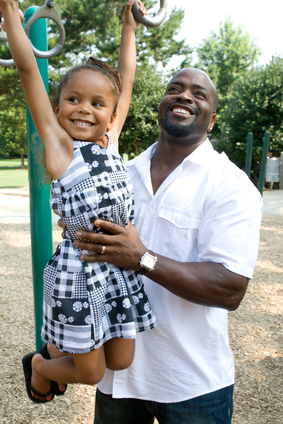A Parenting Assessment

Many parents assess their parenting skills based on their children’s behavior, successes, and achievements. They base their parental identity and parental success on their children’s performance in academics, sports, or the arts. You might be surprised, but these are terrible measures of parental identity and parental skills. After all, children misbehave. That does not mean we failed. As children become adults, some of them make bad choices with lasting consequences. That does not necessarily mean we were “bad parents.” After all, children have a mind of their own. Still, parenting has a huge impact on our children. So, how can we measure our parenting? How can we determine our parental success? How can we develop a healthy parental identity? I have a suggestion. We can ask ourselves a few questions in three basic areas. Our answers to those questions can help us assess our parenting and determine our parental identity. So, assess your parenting. Ask yourself:
- Do I have a relationship with my child? (Realize the relationship you have with your children will
change over time. You will also have times in that relationship when you feel
closer than others. You will even experience times when they are angry with
you. But the question remains an important question: Do I have a relationship with my child?)
- Am I available?
- Am I approachable?
- Am I respectful of their emotions?
- Do I listen well? Do they know I strive to understand them?
- Do I express my love for my children explicitly?
- Do I provide a healthy, age appropriate structure in our
home and my child’s life?
- Do my children know the limits and expectations?
- Do I allow my children to experience the limits?
- Do I hold my children accountable for their actions?
- Can I allow my children to suffer the negative consequences of their behavior?
- Do I say what I mean and mean what I say?
- Do I set a positive example for my children?
- Do I set a good example in self-care?
- Do I set a good example in accepting limits and consequences?
- Do I set a good example in expressing gratitude?
- Do I set a good example in admitting my mistakes and making amends?
- Do I set a good example in managing my emotions?
- In all these areas—relationship, structure, and example—am I consistent?
I don’t know about you, but I find these questions both reassuring and convicting: reassuring because I believe I do fairly well in several areas and convicting because I fall short in some areas. I need to work at improving in the areas where I exhibit weakness…which leads me to one last question: Do you love your children? If you love your children, you will continue to grow in the areas listed above and you will remember that when you fall short “Love covers a multitude of sins” (Peter in 1 Peter 4:8).
-0 Comment-